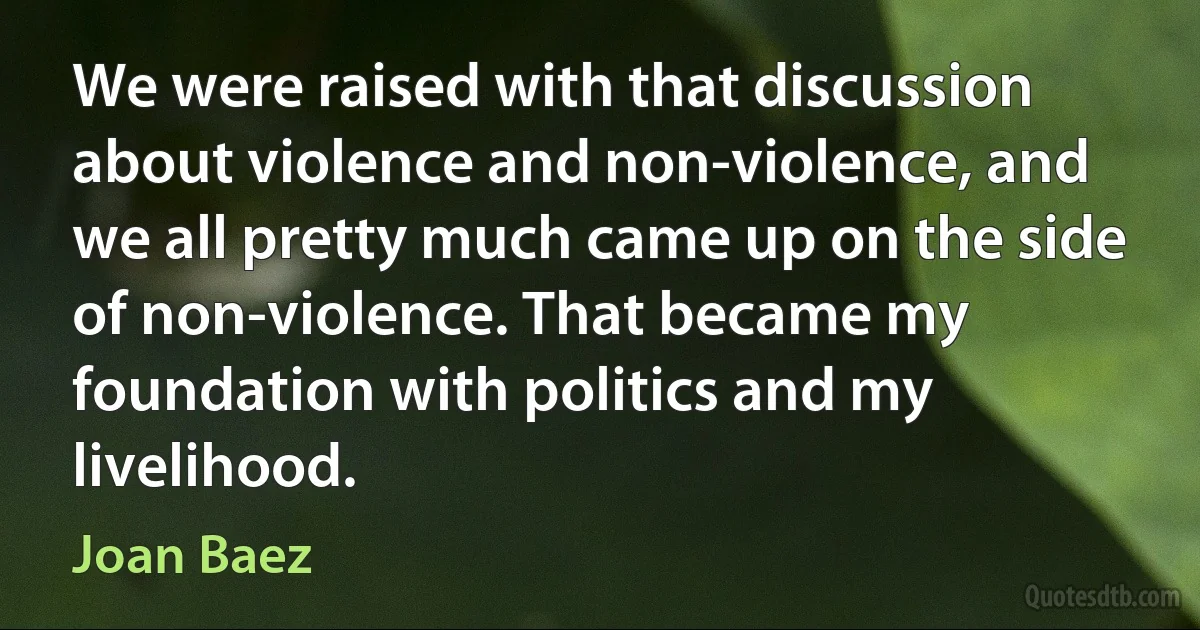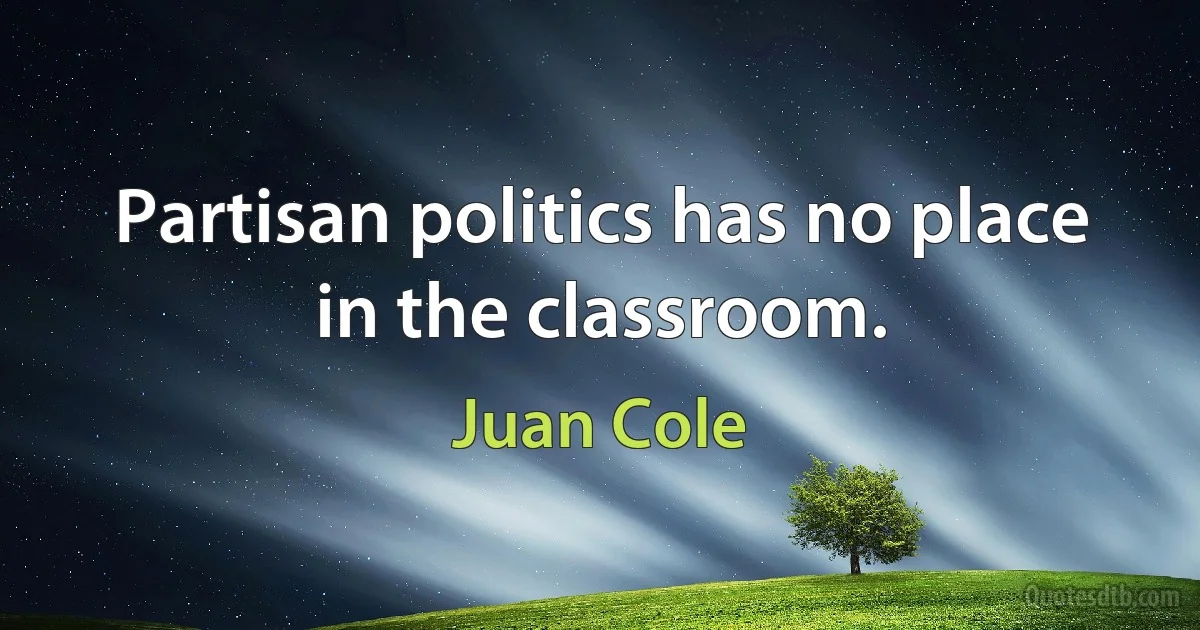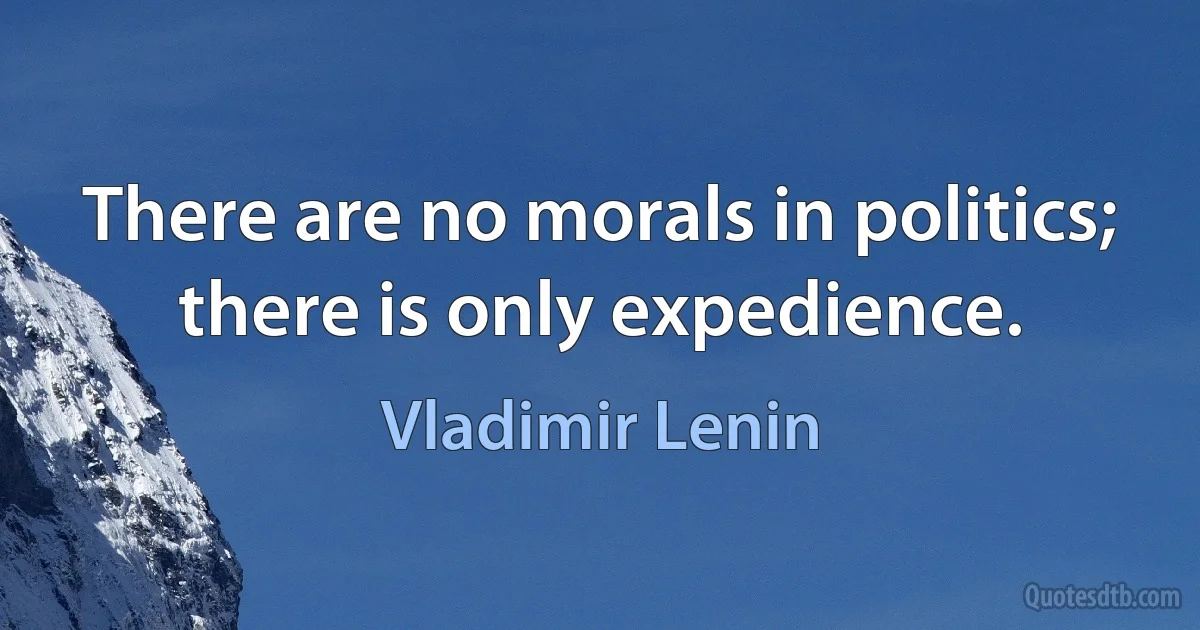Politics Quotes - page 97
Contemporary theories of politics tend to portray politics as a reflection of society, political phenomena as the aggregate consequences of individual behavior, action as the result of choices based on calculated self-interest, history as efficient in reaching unique and appropriate outcomes, and decision making and the allocation of resources as the central foci of political life. Some recent theoretical thought in political science, however, blends elements of these theoretical styles into an older concern with institutions. This new institutionalism emphasizes the relative autonomy of political institutions, possibilities for inefficiency in history, and the importance of symbolic action to an understanding of politics. Such ideas have a reasonable empirical basis, but they are not characterized by powerful theoretical forms. Some directions for theoretical research may, however, be identified in institutionalist conceptions of political order.

James G. March
I've been offered political shows before, and I don't know anything about politics and I feel uncomfortable making political opinions - there's consequences to them. I often think I'm wrong, so I really don't like getting in political or religious discussions because of the giant possibility that I might be wrong.

Norm Macdonald
Compared to politics, I think sports is funnier, because it's inconsequential. And politics can be real important and all that. The more pointless something is, the funnier it is, you know? And the more grave or important things are... You know, some comedians can get this disease where they get serious all the time.

Norm Macdonald
In capitalist society, providing it develops under the most favorable conditions, we have a more or less complete democracy in the democratic republic. But this democracy is always hemmed in by the narrow limits set by capitalist exploitation and consequently always remains, in effect, a democracy for the minority, only for the propertied classes, only for the rich. Freedom in capitalist society always remains about the same as it was in the ancient Greek republics: freedom for the slaveowners. Owing to the conditions of capitalist exploitation, the modern wage slaves are so crushed by want and poverty that "they cannot be bothered with democracy,” "cannot be bothered with politics”; in the ordinary, peaceful course of events, the majority of the population is debarred from participation in public and political life. The.

Vladimir Lenin



